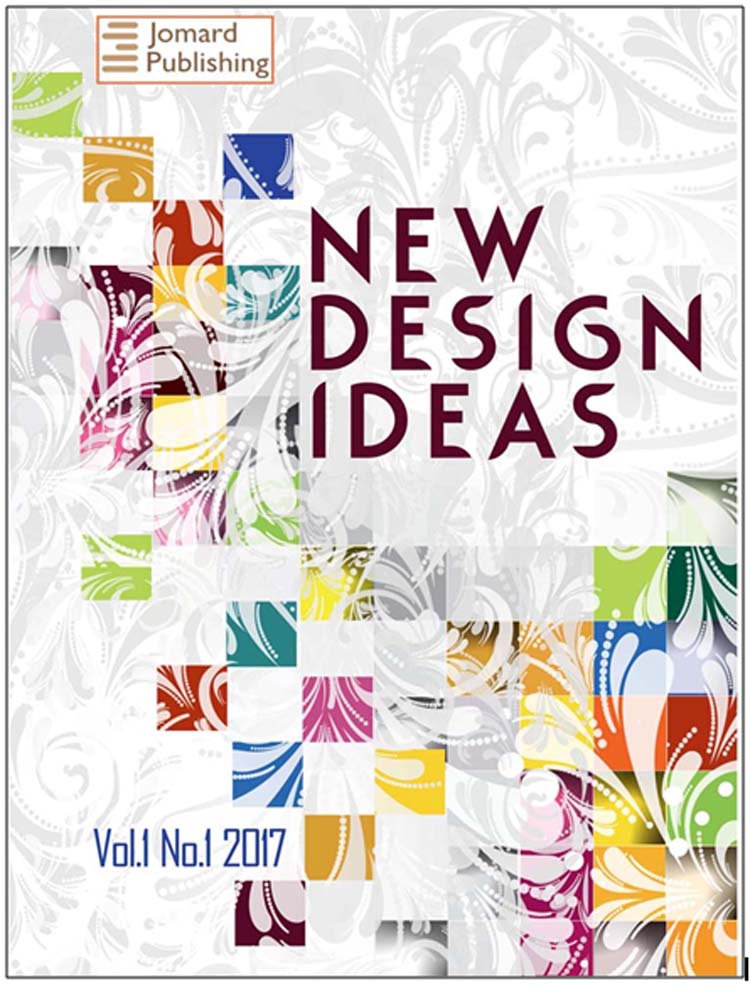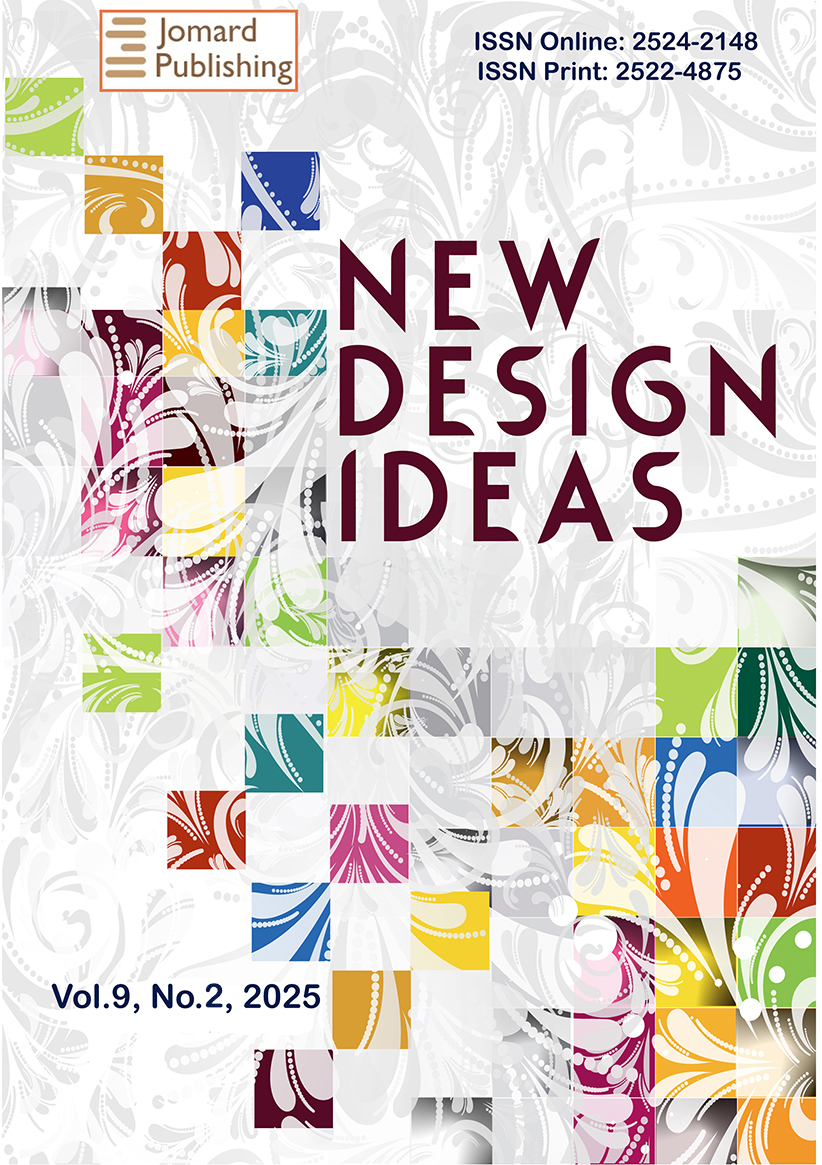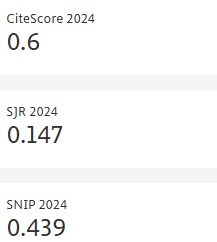Widening the Horizon of Anthropocentric Interior Design Towards Meaningful Human-Plant Interaction
- Published: 02-08-2025
Share
Human-plant interaction is an issue with various dimensions. Humans are inextricably linked to plants and depend on them for their survival. However, they have also developed an anthropocentric and animal-centric attitude and tend to ignore the contribution of plants to their well-being and even to overlook the presence of plants. In recent decades, with the growing body of research on human dependence on nature and positive influence of interaction with nature on human physical and psychological health, a countertrend has emerged: design trends aiming to increase the exposure of urban dwellers to nature and its elements in every step of their daily lives. This study hypothesizes that interiors with integrated indoor plants, designed with appropriate ethical, aesthetic and psychological considerations, can create preconditions and opportunities for more meaningful human-plant interactions and broaden the ethical horizons of interior design towards non-anthropocentric cultural attitudes.
- View 771
- Downloads 105
- Saveds 0
- Citations (Crossref) 0


